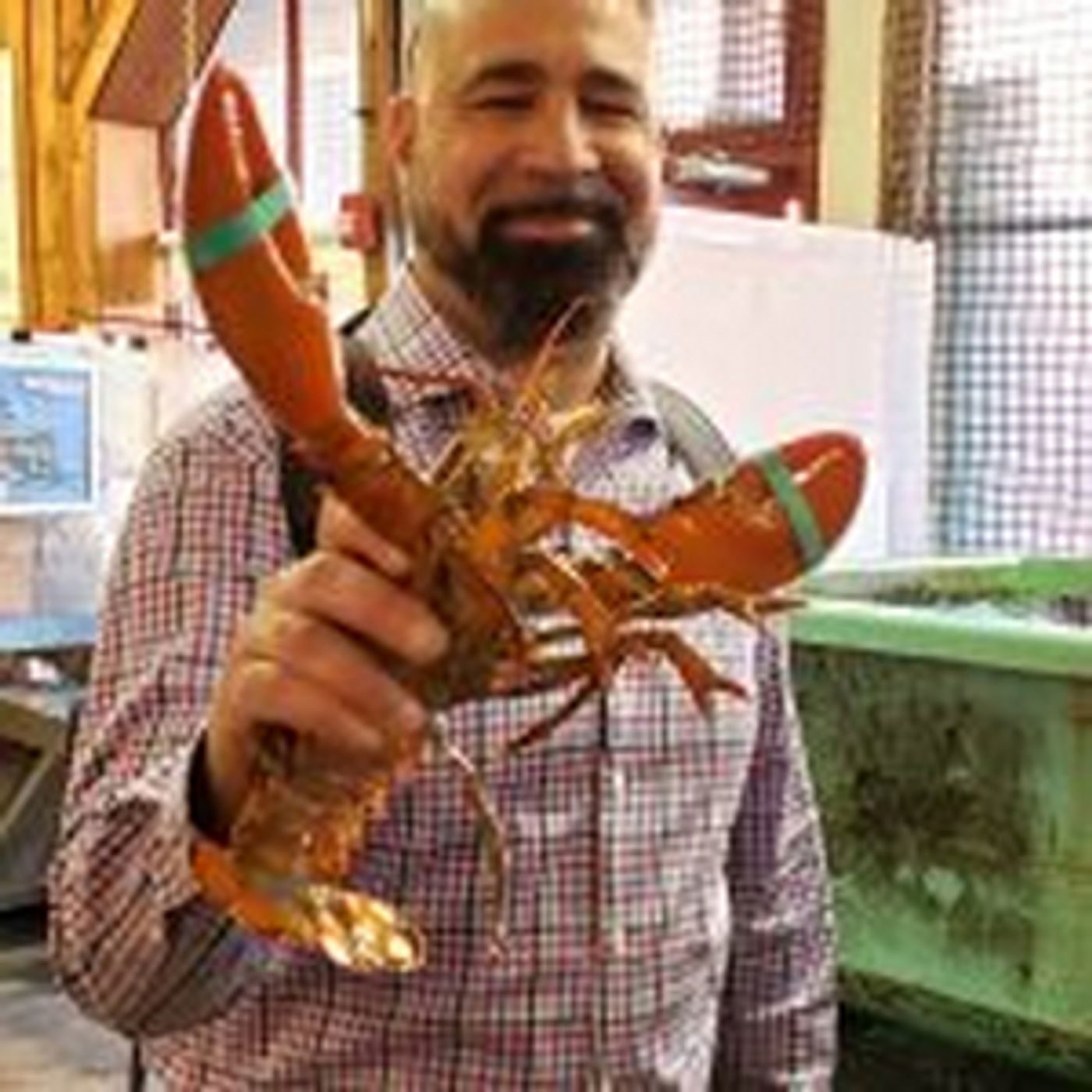'Portland's Complicity in African Enslavement' Presentation Will Be Held at First Parish This Weekend
The event will take place on Sunday, May 29, 2022, at 10 a.m.

Seth Goldstein, instructor at Maine College of Art and educational director of Atlantic Black Box, will speak Sunday, May 29, 2022, at 10 a.m. at First Parish Unitarian Universalist, 425 Congress St. His talk will cover "Portland's Complicity in African Enslavement," growing out of his work with Atlantic Black Box, a nonprofit that examines the roles played by Maine and New England white families in the Atlantic slave economy. All are welcome to join the worship service and hear Goldstein speak. Masks are required for all attendees. The service is also available online at https://firstparishportland.org/live-stream.
"This is an important history that is seldom taught in schools," explained Rev. Dr. Elaine Peresluha, Interim Minister at First Parish. "Our Faith-In-Action Committee has sought to learn and do better in terms of understanding and fighting systemic racism in our communities. The slave economy is a part of our history as one of the oldest places of worship in Maine."
Goldstein notes that 73 of the 89 ships that departed Portland Harbor in 1787 were bound for
the West Indies. The ships carried Maine salt cod, farm produce, and lumber to the sugar plantations worked by enslaved Africans under harsh conditions in the Caribbean, returning with molasses used to make rum and refined sugar in factories on the Portland waterfront. This West Indies trade employed not only sailors and shipbuilders but also coopers who made barrels and casks, sail and rope makers, and sugar factory workers. Profits from this trade with slaveholders in the West Indies made fortunes for men like J.B. Brown, whose Portland Sugar House refinery was the largest building along the Portland waterfront in the 19th century. Brown, his descendants, and fellow wealthy businessmen invested those profits in real estate, commercial, and large residential properties that still stand today on Congress Street and the Western Prom. Before the Civil War, even as a small number of Maine people joined the Abolitionists opposed to slavery, a host of local industries, thousands of working-class jobs, and a few large and lasting family fortunes in Portland depended on maritime commerce with the economic institution of slavery.
The original First Parish church in what is now Portland dates from 1674. In 1740, the second wooden Meeting House, known as Old Jerusalem, was erected at the present location, 425 Congress St. The present granite structure opened its doors in 1826. As a family-friendly, welcoming Unitarian Universalist congregation, First Parish practices a liberal religion, affirming the worth of all humans and advocating freedom of belief and the search for advancing truth. Recent inclusion initiatives at First Parish include the installation of a "Black Lives Matter" sign over the entrance, a plaque and regular mentions in worship services noting early church leaders' complicity in genocide of Wabanaki people, and the installation of an elevator aimed at making the historic building more accessible to people with disabilities.
Videos

